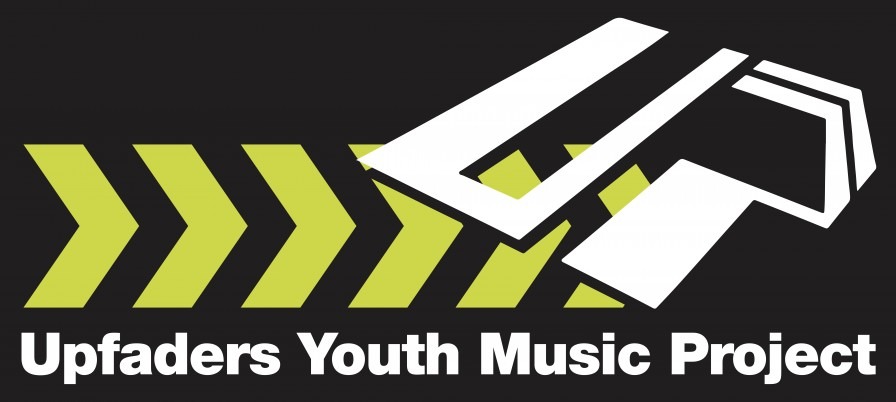Collaborative online working with groups of young people with mental health issues

Hi all - hope you are well. After the video conference I offered to share some learning from our experience of a research project with NHS MH clincians and academics to create an online creative collaboration platform for young isolated people experiencing mental health issues.
The project was some years ago, and we created a bespoke platform which was rather clunky and this wouldn't really be necessary today given the available tools, however, some of the psycholigcal learning might be of interest. The platform did function but was basically like a very dry and basic version of facebook with elements of project co-ordination similar to MS project. There is a full evaluation report that I'm happy to share but it's probably just as good to summarise the key points here.
We specialise in mental health and usually work in a face-to-face studio setting, where we have been very successful in sustaining engagement and group forming but this project, co-incidentally, was to try to recreate our work for isolated young people by engaging them as a collaborative group on a common project, to whch they would all accept tasks towards a shared output.The project centred around 4 young people aged 13-18, all of whom were experiencing mental health issues from Autism to good old depression/anxiety.
Here are the key points that might be of interest if you are trying to work in a similar way in the current circumstances:
Engagement/Motivation: without the stimulating studio environment and face-to-face interractions, it was difficult to enthuse particpants to the same degree. Many were late for meetings despite ample reminders and many didn't contribute or even attend. The situation seemed to lack the gravitas of the studio environment. LEARNING: I think more energy from staff is needed to enthuse the participants and ensure buy-in. This should be easier with the myriad tools now available, which young people are very familar with. Also getting buy-in from parents/carers would help to encourage greater engagement.
Co-ordination: We allowed young people to choose to a specialism each before creating a suitable project to fit their interests, skills and ability levels. This worked well initially and made for a feasible project but we found immediatlely that inter-task dependencies were very hard to manage and co-ordinate given the different levels of enthusiasm and motivation within the group - the keener participatns became frustrated when they completed their tasks on-time and then this wasn't reciprocated by colleagues. LEARNING: reducing the number of task dependencies would accomodate all particpants better - this might mean working towards a less defined single output and more of a "working alongside" approach where each person can work at their own pace, but perhaps help each other and contribute in a more fluid way.
Group dynamics/psychology: In the studio, the often prickly "forming/norming/storming/performing" process can be managed closely by staff to prevent negative impact to anyones wellbeing and encourage equal ownership accross particpants. With online working, and even with close moderation of comms, this was harder to manage, and the group dynamics were much less balanced, this led to some participants feeling offended or left out or undervalued. The "storming" stage was very pronounced and the impacts greater both in terms of those who felt left out or trampled on, and also those who stormed getting frustrated about others "underperformance" as they viewed it LEARNING: Without full screening of every post before it is published, which would only have made our already clunky platform even clunkier and more frustrating, this is hard to avoid. Again, reducing inter-dependencies would remove a degree of competition. Expect to need to intervene more often and monitor relationships more closely - we also implemented a time lock on our platform to ensure that we could actvely monitor any activity - the platform was only open at set times and we were always closely moderating.
Wellbeing: I think it's fair to say that any creative activity is good for wellbeing, be it face to face, or in a compromised online setting, and we are now well aware of the pitfalls of online socialisation. We noticed that some participants became withdrawn after criticism by others, even though this was moderated. LEARNING: perhaps an unavoidable pitfall of online groups that needs special attention in this context -we made sure we "mopped up" after any incidents by contacting those involved/affected privately to check their wellbeing and give encouragement/support. We also gently reminded those that were overly assertive or critical of the requirements of group working.
CONCLUSION: Online working is possible, and neccesary, now more than ever, but when working with young people the pitfalls are amplified, when they have mental health issues they are amplfied further, and when collaborating creatively, yet further still. Our advice would be to create the safest situation possible by monitoring VERY closely and following up thoroughly, removing any elements of competition, doubling up on praise/support/motivation/reminders/energy, and not creating too many interdependencies so that each group member can feel comfortable and valued. It seemed as though the "storming" phase was made even more brutal by participants remote locations meaning that they would speak very directly and strongly, as people tend to on social media. Too many task interdependencies created too many opportunities for participants to measure themselves against eachother, and to then feel superior or inadequate.
Anyway, that may or may not be new or useful to you, but there you go.....should you wish to read the full doc just ask, likewise if we can offer any advice please ask - we have 15 years experience engaging young people with mental health issues in music and art, and have a learnt a few things along the way. Incidentally, our sister project, Biomation, has a a large online resource of accessible/entertaining animations around mental health should they be of any use at this time - they're all created with young people and clinicians and are free to use....stay well folks x
